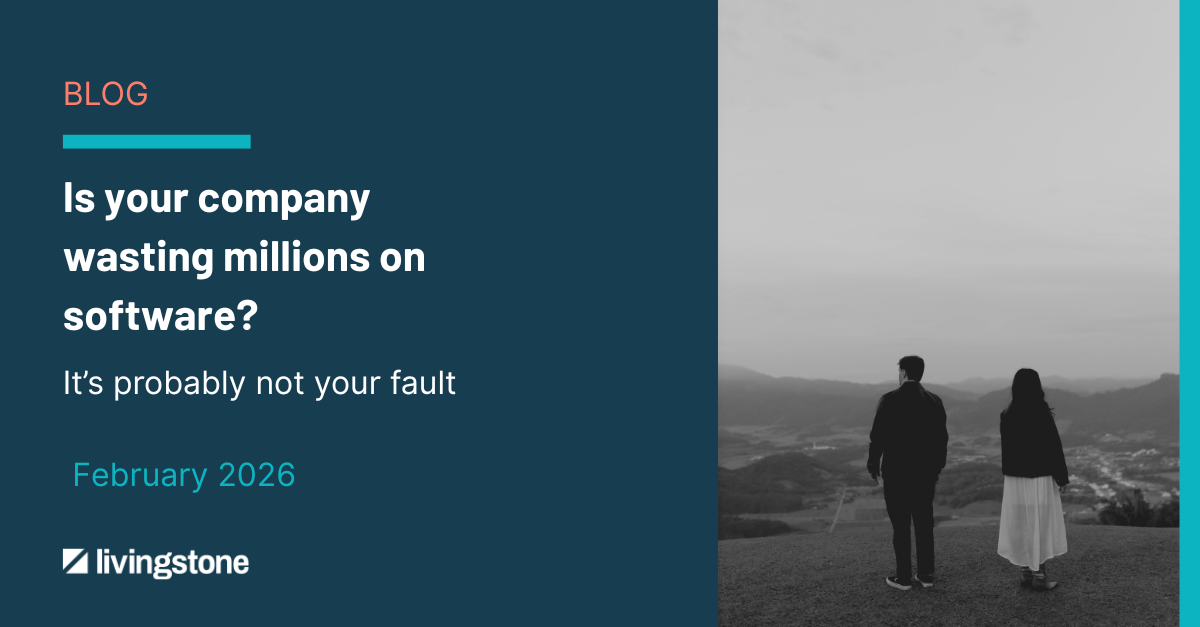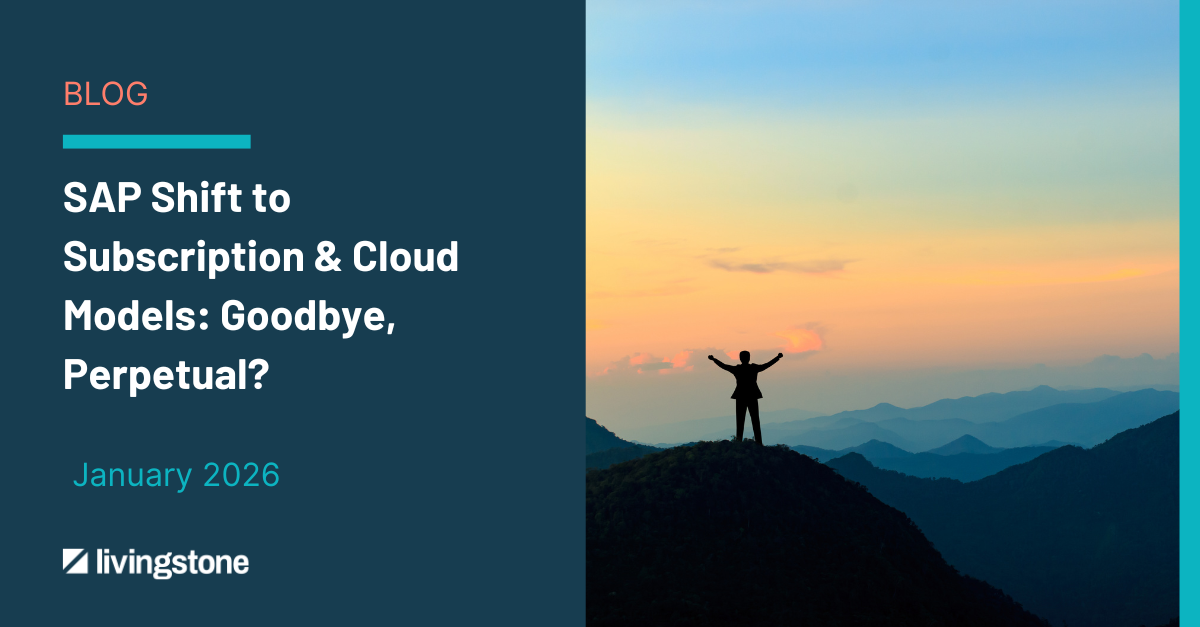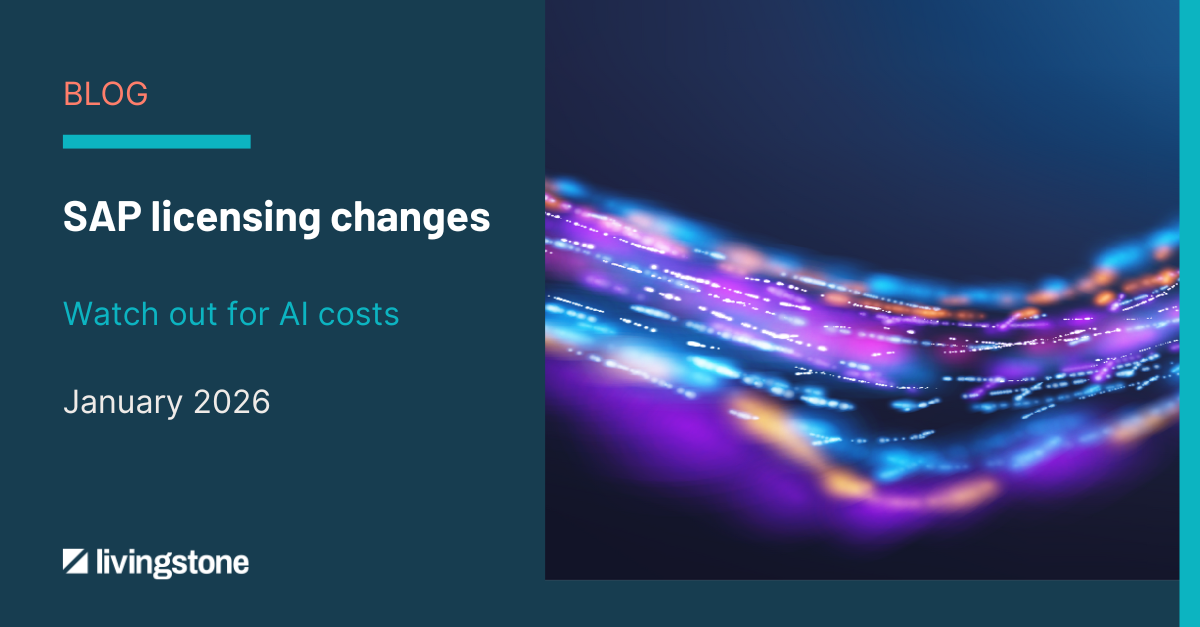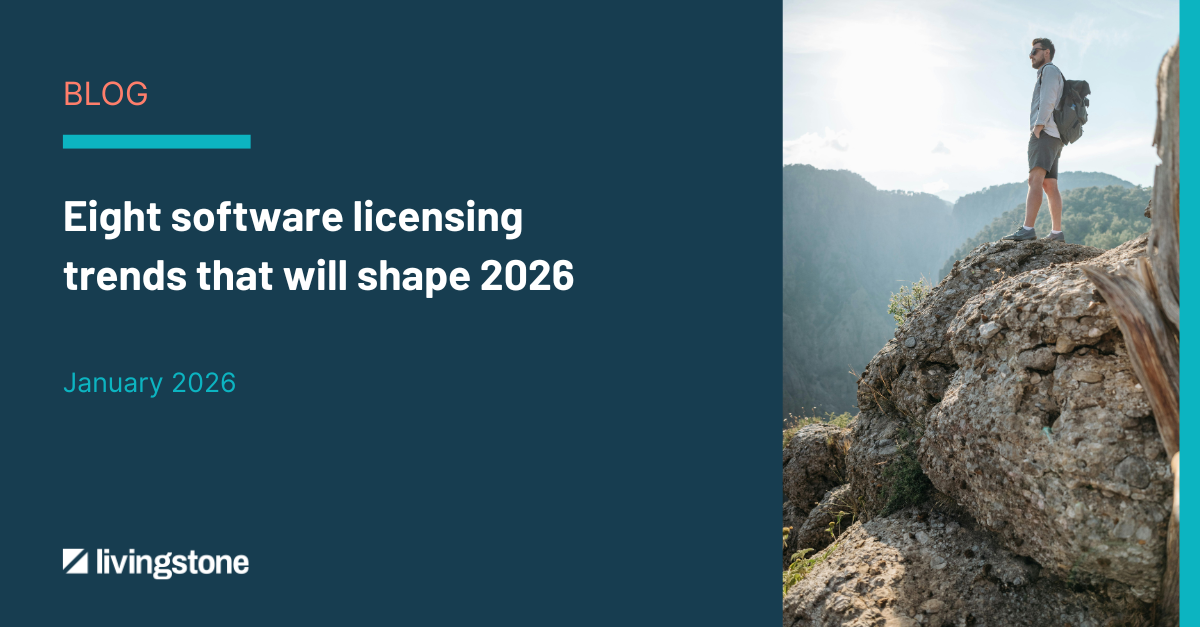In this article we will be talking about Oracle’s view and licensing on virtualisation technologies, why every customer needs to know this, and what you can do about it.

Virtualisation/Partitioning/Segmenting
Oracle defines 'Partitioning' as the occurrence 'when the CPUs on a server are separated into individual sections where each section acts as a separate system'. Partitioning is generally used for the ability to run multiple operating systems or operating system versions on the same server, while at the same time improve workload balancing.
There are multiple virtualisation technologies in the market, and each have their own capabilities, features, and limitations. Based on those capabilities, Oracle has created a policy to explain how it would treat these technologies when licensing Oracle deployments in these environments.
A Policy is NOT a Contract
The first key takeaway from the above is that this is a Policy, not a contract between Oracle and an Oracle customer. This policy serves to provide additional information around the topic and provide additional exceptions from the Oracle standard contractual definitions. As this is a policy, it is also subject to change at Oracle’s discretion and customers should always be aware of any modifications it suffers.
Oracle’s Breakdown on Virtualisation - Hard vs Soft Partitioning
Oracle distinguishes between two types of Partitioning:
Hard Partitioning
-
- Physical segmentation of the server into smaller distinct systems.
- Each system is independent, self-contained and has its own OS and resources.
- For Oracle licensing – these are permitted as a means to limit the number of required licenses to a specific partition, host or cluster.
Examples of technologies accepted by Oracle as Hard Partitioning:
- Physical Domains (also known as PDomains, Dynamic Domains, or Dynamic System Domains)
- Solaris Zones (also known as Solaris Containers, capped Zones/Containers only)
- IBM’s LPAR (adds DLPAR with AIX 5.2)
- IBM’s Micro-Partitions (capped partitions only)
- vPar (capped partitions only)
- nPar
- Integrity Virtual Machine (capped partitions only)
- Secure Resource Partitions (capped partitions only)
- Fujitsu’s PPAR
- Oracle Linux KVM (only in a certain configuration)
- Oracle VM Server (only in a certain configuration)
- Oracle Linux KVM, only if specific cores are allocated per the following document: https://www.oracle.com/a/ocom/docs/linux/ol-kvm-hard-partitioning.pdf
- Oracle VM Server for x86 only if specific cores are allocated per the following document: http://www.oracle.com/technetwork/server-storage/vm/ovm-hardpart-168217.pdf
- Oracle VM Server for SPARC, only if specific cores are allocated per the following document: http://www.oracle.com/technetwork/server-storage/vm/ovm-sparc-hard-partitioning-1403135.pdf
- Oracle Solaris Zones, only as described in the following document: http://www.oracle.com/technetwork/server-storage/solaris11/technologies/os-zones-hard-partitioning-2347187.pdf
Exceptions (NOT Hard Partitioning): IBM processors in TurboCore mode, IBM Power VM Live Partition Mobility.
Oracle Licensing: If the above virtualisation technologies are set up properly, you will be able to license your Oracle software on them at the Hard Partitioning level, not the whole virtualized environment. The level at which the licensing limitation is applied might differ from one technology to another.
Soft Partitioning:
-
- Segmentation of the Operating system using OS resource managers.
- The OS limits the resources allocated to different applications within the same OS.
- For Oracle licensing - NOT permitted as a means to limit the number of required licenses to a specific partition, host or cluster.
Examples of technologies defined by Oracle as Soft Partitioning:
- Solaris 9 Resource Containers
- AIX Workload Manager
- HP Process Resource Manager
- Affinity Management
- Oracle VM
- VMware
Any virtualisation technology which is not listed under the Hard Partitioning section is not accepted by Oracle as a means to limit the number of required licenses to only a particular cluster, host or partition – it is considered Soft Partitioning.
Oracle Licensing: If you are using a Soft Partitioning virtualisation technology, you will be required to license all the hosts across the whole virtualized environment.
Need help?
Livingstone has an in-depth understanding of the Oracle licensing rules and the impact they have on Oracle’s customers. Livingstone’s Oracle consultants have years of hands-on experience in licensing all kinds of environments, virtualised or not. Understanding the key licensing aspects of Oracle products in virtualised environments can make the difference between a compliant customer and a customer who sits on a multimillion-pound risk which could be discovered at any moment.
Are you not sure whether you are complying with your Oracle contracts? You don’t know what to do? Don’t worry, we DO! We know all the details so you don’t have to, and we can help you be in control of the licensing of your Oracle estate and avoid unnecessary risks associated with Oracle in virtualised environments and more.
Learn more about Oracle licensing
We've collated Oracle-focused learning materials spanning Java, ULAs and more. Access them here.
About the Author
Doru Mihăilescu is a principal consultant at Livingstone. He has deep knowledge of Oracle having previously worked at Oracle as a global licensing and advisory lead.




